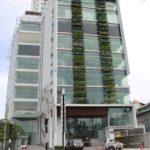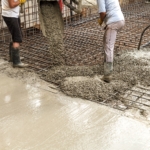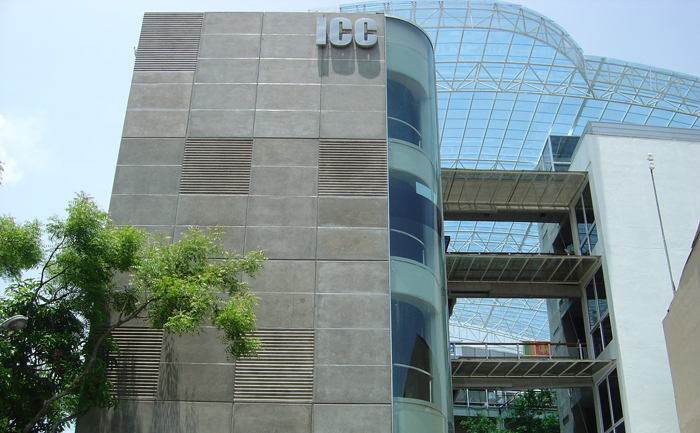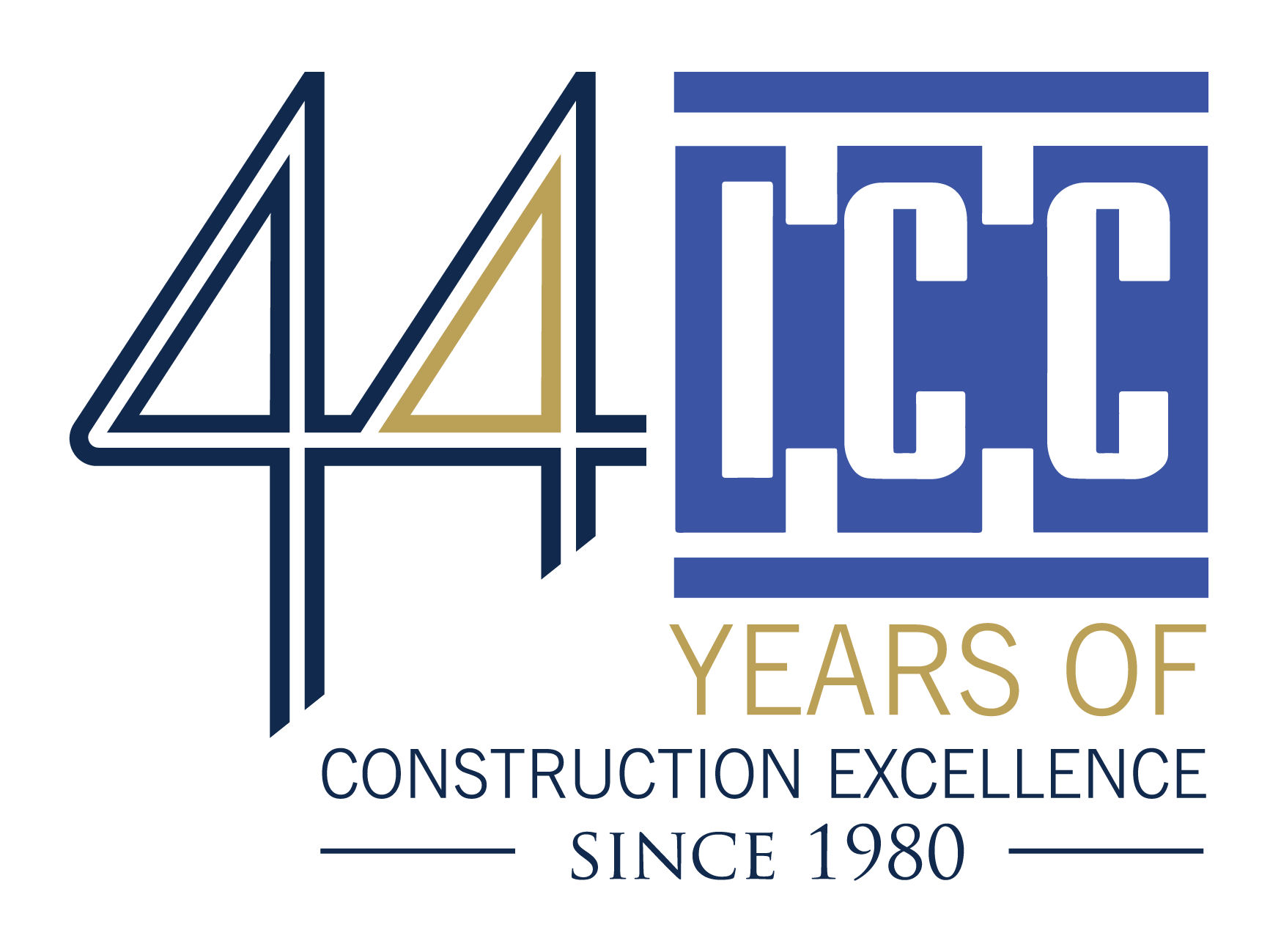Property development and management isn’t just about constructing buildings; it represents the core of urban growth and economic acceleration. This dynamic sector comes with a host of challenges but also presents limitless opportunities for those bold enough to innovate and adjust. Let’s explore what the future of property development and management holds, striking a balance between difficulties and possibilities for advancement and growth.
Obstacles in the Property Development and Management Industry
Skills Deficit
A major issue the property development and management industry has been battling with is a deficit of skilled labor. This predicament impacts multiple areas, such as delaying project timelines and diminishing work quality due to overworked and undermanned teams.
Surging Material Prices
The surge in material prices has been remarkable, influenced by shifting global markets and new trade tariffs. This has prompted many property development and management companies to reassess their project expenses and, in several instances, pass these costs onto clients.
Environmental Sustainability
With the growing global awareness of climate change and environmental degradation, the property development and management industry is compelled to adapt. Conventional construction methods, often resource-intensive and harmful to the environment, are driving the need for eco-friendly alternatives.
Technological Innovations
Though technology brings fascinating new prospects, integrating novel systems and software into established workflows can be a significant hurdle. Upskilling of the existing workforce and potential disruptions during these adoption phases require thoughtful management.
Prospects for Innovation
Prefabrication and Modular Construction: Prefabricated and modular construction techniques are revolutionizing the industry. These practices provide enhanced efficiency, minimized waste, and the capacity to produce standardized, superior-quality units swiftly.
Virtual and Augmented Reality: VR and AR’s application in property development and management lets stakeholders visualize and engage with 3D models of their projects before they are built. This leads to well-informed design choices and enhanced client satisfaction.
Building Information Modeling (BIM): BIM is transforming the planning, design, and construction of buildings, fostering collaboration, improving efficiency, and facilitating the integration of sustainable practices within property development and management companies.
Green Construction and Sustainable Practices: Implementing sustainable practices in property development and management leads to not only an eco-friendly environment but also long-term cost reductions for property owners. Sustainable features like energy-efficient designs and renewable energy sources are highly sought after in the market.
Technology’s Influence
Robotics and Automation: Robots are taking over the daunting, dangerous, and dreary tasks in construction, including brick-laying and 3D-printed buildings. This revolution is set to enhance both the safety and productivity of construction sites.
Internet of Things (IoT): IoT devices, such as smart sensors and connected equipment, offer real-time data that can be used to optimize construction processes, monitor site conditions, and enhance project management within property development and management companies.
Artificial Intelligence (AI) and Machine Learning: AI is reforming construction project management by analyzing data to foresee and prepare for potential issues, optimize building performance, and even control fleets of autonomous construction vehicles.
Drones and 3D Printing: Drones are improving site surveys and safety inspections, reaching challenging or hazardous areas, while 3D printing has started to offer new pathways for quick and cost-effective building construction.
Sustainability’s Role
Property development and management companies significantly contributes to environmental issues. Taking up sustainable practices is crucial for reducing waste, energy consumption, and greenhouse gas emissions. Building green not only minimizes the carbon footprint of the property development and management industry but also results in structures that are less expensive to operate and more resilient to a changing climate’s challenges. Professionals in the field are perfectly placed to incorporate renewable energy sources like solar and wind power into the built environment. This proactive approach can markedly impact the industry’s carbon output.
Your Sustainable Property Development and Management Company
ICC Constructions is spearheading the initiative by combining innovative construction solutions with a solid commitment to sustainability. Leveraging the latest in groundbreaking technology and an unwavering dedication to quality, reliability, and safety, ICC directs the property development and management industry toward a greener, more efficient future.
The property development and management sector stands at a juncture, dealing with the challenges of a changing market and environmental concerns. Yet, within these difficulties lie opportunities. Professionals embracing the necessity for change, adopting innovative technologies, and advocating sustainable practices are not only future-proofing their businesses but also laying the groundwork for a more sustainable and advanced property development and management industry. As we continue to shape our world, it’s crucial to remember that each structure we raise today lays the groundwork for the future we will inhabit tomorrow.








